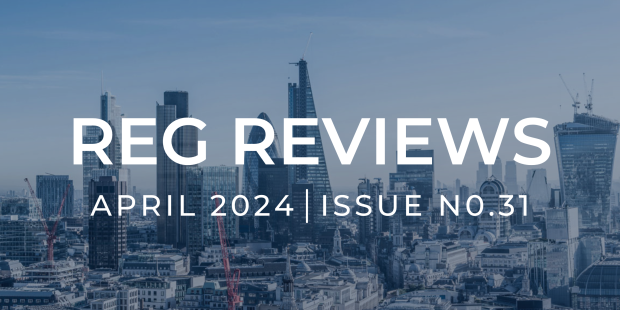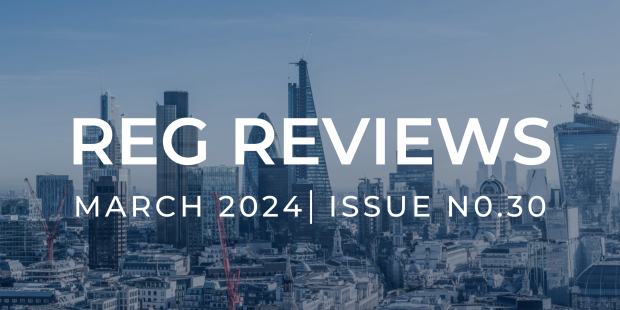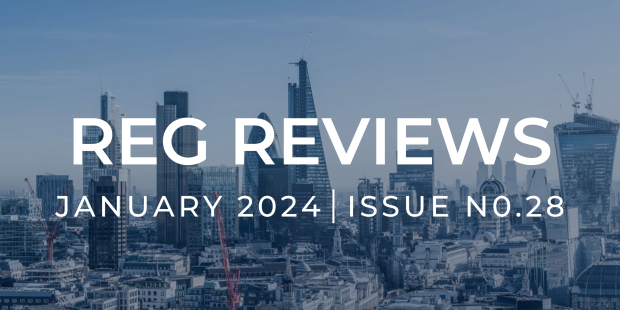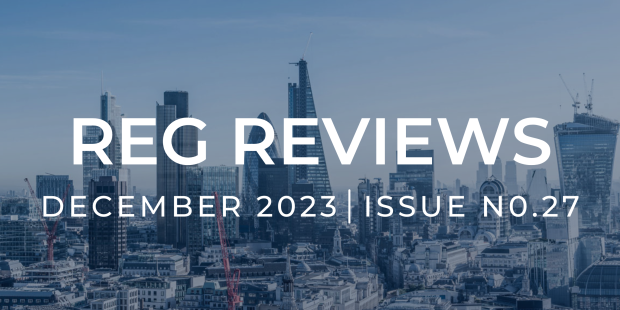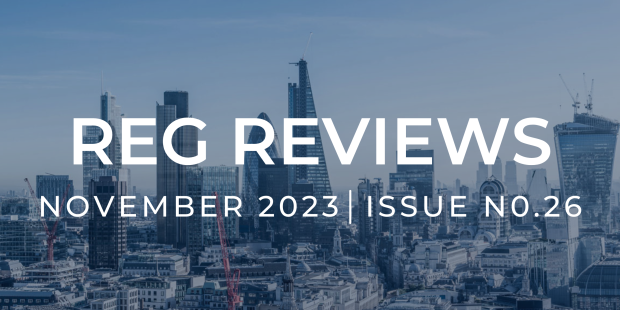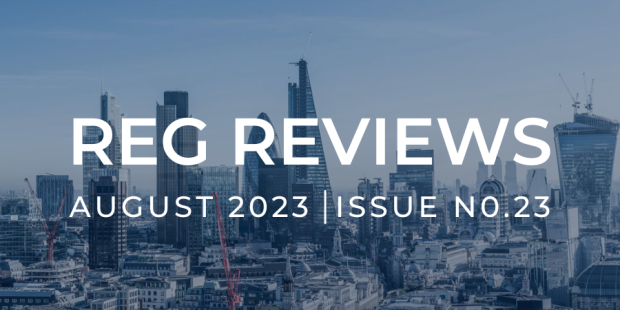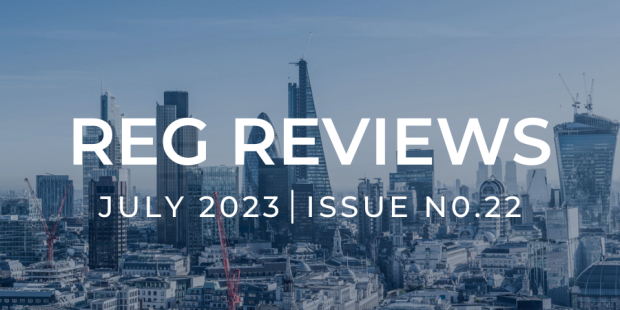Climate change has been of utmost concern for companies and consumers equally for many years now. With the disastrous impacts that oil spills, overfishing, mass production and many other activities have on our planet and humans alike, there is a pressing need to act swiftly to take the necessary steps and avert the worst-case scenario.
This applies to insurance companies too, but the latest ShareAction 2024 report titled “Insuring Disaster”, has exposed insurance leaders’ failure to address environmental and human rights issues accordingly in their investment and business plans.
ShareAction has ranked 65 of the world’s biggest insurance firms’ across a range of environmental and social issues.
Many of them are still underwriting new fossil fuel projects, ignoring all the catastrophes that come with them such as species loss, uncontrollable CO2 emissions and more.
Share Action confirms that the insurance sector has an important investment power; “Insurance companies are among the wealthiest institutions on Earth.”
Unfortunately, the report concludes that environmental and social policies implemented by insurance firms are weak.
In fact, 50% of the ranked insurers received a grade E or F based on 30 attributes used to assess their approach to social issues, climate change and biodiversity, while only 7 received a grade B. This is a true disappointment to the insurance sector’s investment and underwriting plans.
Moreover, less than 25% of insurers have published a transition plan that goes over their investment and underwriting activities, with the majority lacking restrictions on oil and gas expansions in their investment/underwriting portfolios.
Also, 30% of insurers ranked scored 0 for policies that support biodiversity.
Lloyd’s has also performed poorly when it comes to environmental and social policies. ShareAction found that the proportion of global fossil fuel underwriting paid to Lloyd’s syndicates alone is 9%.
The report also points out insurers’ failure to consider human and labour rights when making underwriting and investment decisions that impact communities around the globe.
ShareAction incites the industry to take climate and human rights matters more seriously and take adequate action to prepare long term plans to address these issues.
Commenting on the report’s findings, Head of Financial Sector Research at ShareAction, Claudia Gray, said; “This report reveals the insurance sector’s abject failure to live up to its responsibilities to protect both people and planet. They have both a moral duty and business opportunity to adopt responsible investments and underwriting activities.”



















